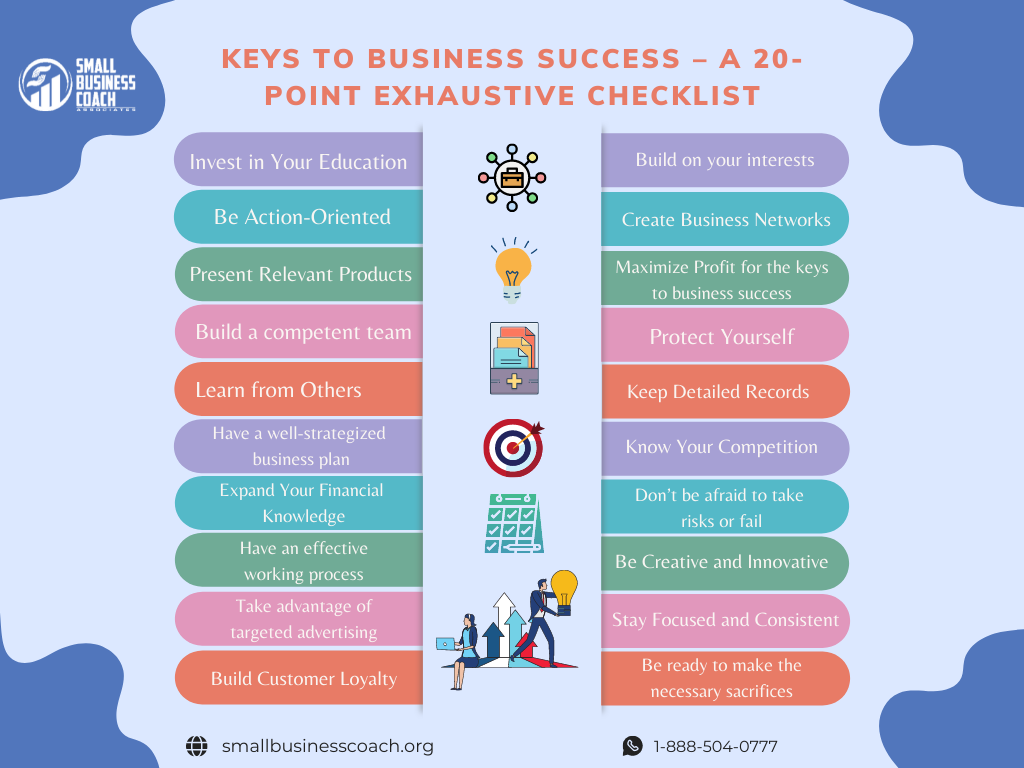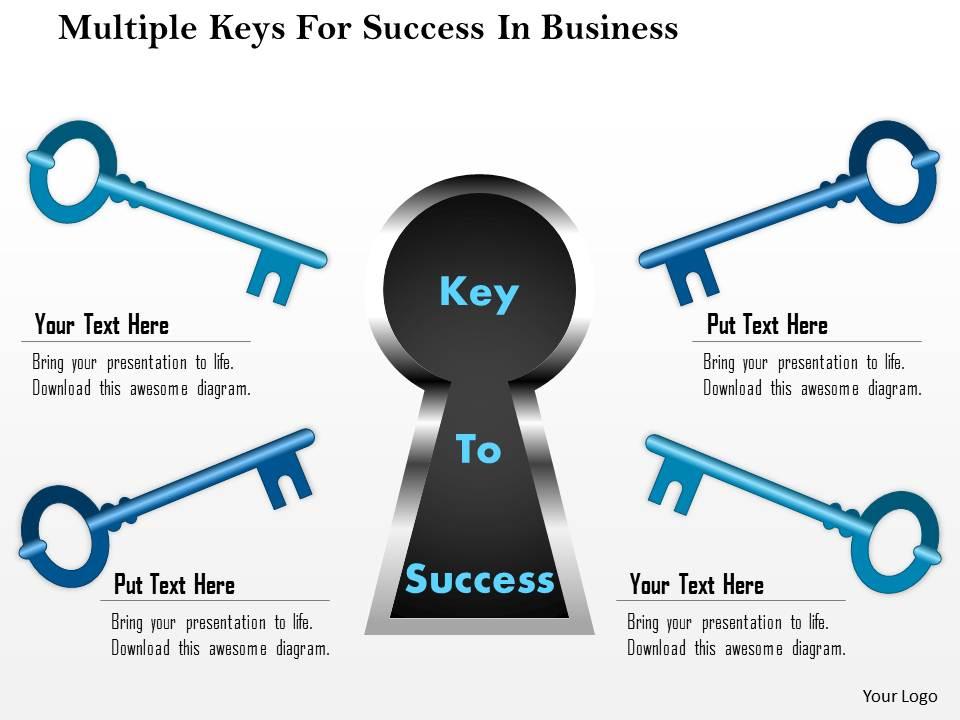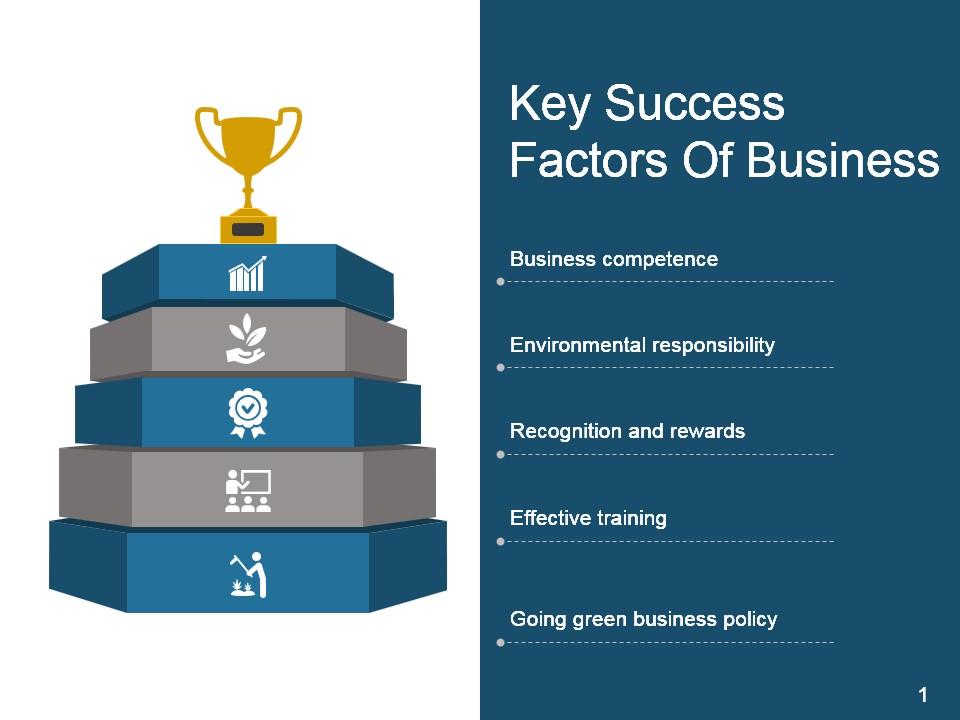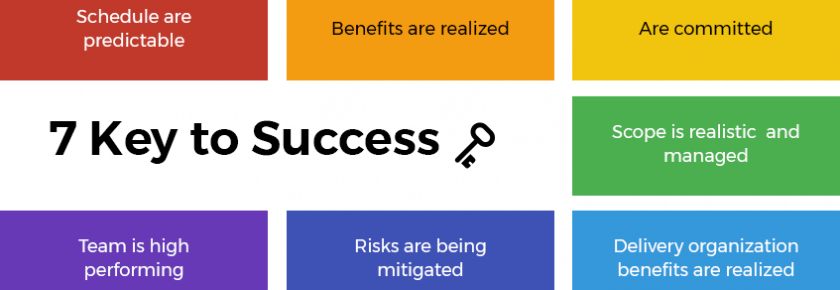Keys To Being Successful In Business

In today's fiercely competitive global market, the path to business success is often portrayed as a daunting labyrinth, fraught with challenges and uncertainties. While luck undoubtedly plays a role, sustained success hinges on a carefully cultivated blend of strategic foresight, adaptability, and a relentless pursuit of excellence. Many aspiring entrepreneurs and seasoned executives alike grapple with the fundamental question: What are the core ingredients that consistently lead to triumph in the business world?
This article delves into the key principles and practices that underpin successful businesses, drawing upon research, expert opinions, and real-world examples. Understanding these critical elements provides a roadmap for navigating the complexities of the modern business landscape and building a thriving, sustainable enterprise. This explores innovation, customer centricity, financial prudence, and leadership.
Innovation and Adaptability
At the heart of any successful business lies a commitment to innovation. Innovation isn't merely about developing groundbreaking products or services; it's about fostering a culture of continuous improvement and adaptation. According to a 2023 report by Deloitte, companies that prioritize innovation are significantly more likely to outperform their competitors in terms of revenue growth and market share.
Staying ahead requires businesses to anticipate and respond to changing market dynamics, technological advancements, and evolving customer needs. As Charles Darwin famously said, "It is not the strongest of the species that survives, nor the most intelligent that survives. It is the one that is most adaptable to change."
Embracing new technologies, experimenting with different business models, and actively seeking feedback from customers are crucial for staying relevant and maintaining a competitive edge. Companies must actively cultivate internal innovation labs and encourage employees to challenge the status quo to foster an environment conducive to innovative thinking.
Customer Centricity
In today's hyper-connected world, customers wield more power than ever before. A customer-centric approach is no longer a luxury; it's a necessity for survival. Understanding customer needs, exceeding their expectations, and building long-term relationships are paramount to sustainable growth.
The Harvard Business Review emphasizes the importance of creating a seamless customer journey. This involves mapping out every touchpoint a customer has with the company, from initial awareness to post-purchase support, and optimizing each interaction to deliver a positive experience.
Companies like Amazon and Zappos have built their empires on unwavering customer obsession. By prioritizing customer satisfaction, they've created a loyal customer base that drives repeat business and positive word-of-mouth referrals. Actively soliciting customer feedback through surveys, reviews, and social media listening is essential for continuously improving the customer experience.
Financial Prudence and Management
While innovation and customer centricity are crucial, sound financial management is the bedrock of any successful business. Companies must exercise fiscal discipline, carefully manage cash flow, and make informed investment decisions. A 2022 study by the Small Business Administration found that inadequate financial planning is a leading cause of small business failure.
Developing a comprehensive business plan, tracking key financial metrics, and maintaining a healthy balance sheet are essential for long-term sustainability. Seeking advice from financial advisors and leveraging accounting software can help businesses stay on top of their finances and make informed decisions.
Warren Buffett, the legendary investor, famously said, "Rule No. 1: Never lose money. Rule No. 2: Never forget rule No. 1." This emphasizes the importance of prioritizing financial stability and avoiding unnecessary risks. Businesses should also regularly review their pricing strategies, cost structures, and investment plans to ensure they are maximizing profitability and efficiency.
Effective Leadership and Team Building
A visionary and effective leader is crucial for guiding a business through the complexities of the market. Leadership is not merely about giving orders; it's about inspiring and motivating a team to achieve a common goal. Strong leaders possess a clear vision, excellent communication skills, and the ability to delegate effectively.
Building a high-performing team is equally essential. Surrounding oneself with talented, dedicated individuals who share the company's values and are committed to its success is vital. Fostering a culture of collaboration, trust, and mutual respect can unlock the full potential of the team and drive innovation.
Simon Sinek, author of "Start With Why," emphasizes the importance of inspiring employees with a clear purpose. When employees understand the 'why' behind their work, they are more engaged, motivated, and likely to contribute to the company's success. Effective leaders also prioritize employee development, providing opportunities for training, mentorship, and growth.
The Road Ahead
The keys to business success are multifaceted and constantly evolving. While innovation, customer centricity, financial prudence, and effective leadership are fundamental, businesses must also adapt to changing market conditions and embrace new technologies. Continuous learning, a willingness to experiment, and a relentless pursuit of excellence are essential for navigating the complexities of the modern business landscape and building a thriving, sustainable enterprise.
By focusing on these core principles, businesses can increase their chances of success and create lasting value for their stakeholders. In the ever-changing world of business, the ability to adapt, innovate, and prioritize the customer experience will be the ultimate determinants of long-term success.


















